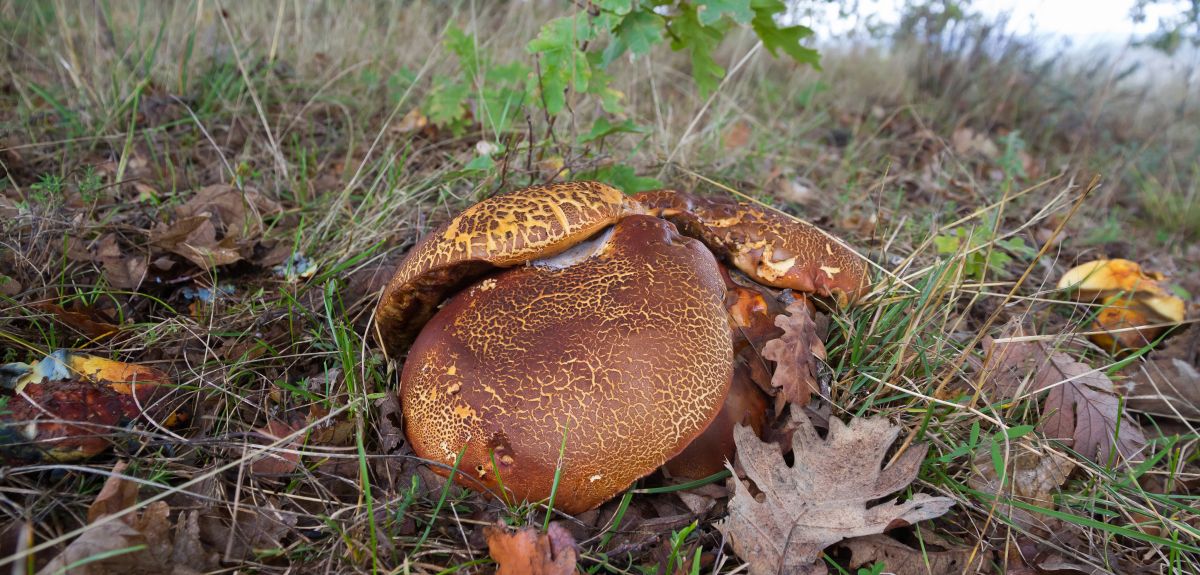
Image credit: Shutterstock
Share and share (not quite) alike
It sounds like the perfect arrangement. The plant receives vital nutrients such as phosphorous and potassium, and in return the friendly fungus gets the sugars and carbon it needs.
But there might be something more sinister going on, according to evolutionary biologists at the University of Oxford.
In such partnerships – known as mutualisms – two species work in close cooperation with one another. In the case above, a mycorrhizal fungus will latch on to a plant's roots, setting in motion a mutually beneficial trading of resources.
In a new paper published in Nature Communications, however, researchers have shown using mathematical modelling how one species can end up becoming the dominant partner in the relationship, doing harm to the other and forcing it to become more dependent.
Professor Stu West of Oxford's Department of Zoology said: 'What we're looking at in this paper is the theory that when you have two species cooperating, one can be "favoured" – or naturally selected – to harm the other. This makes things tougher for the other species, causing it to become more reliant.
'The specific example we're looking at is the interaction between plants and mycorrhizal fungi. These fungi connect to the roots of plants and in effect "trade" resources. The plants give sugars and carbon to the fungi, and in return the fungi provide nutrients like phosphorous and potassium.
'If the fungi can make it harder for the plants to acquire these resources – and there is empirical evidence that fungi can upset the physiology of plants and their ability to get these resources directly, which sparked our theory – then the plants are forced to trade with the fungi.'
According to Professor West, a good analogy is that of an economy: if you can monopolise a resource, you'll get better trade for it.
He said: 'We've always known that species interact like this with one another, but here we’re seeing the darker side of that. Even when individuals are cooperating, they're still looking out for their own interests. One is essentially double-crossing the other.'
To demonstrate this, the researchers set up a series of resource-trading 'games' in which one of the partners – in this case, the fungi – had the opportunity to evolve an ability to harm the other. As it turned out, they evolved this ability quite easily.
Professor West added: 'This could, in theory, apply to any sort of interaction between species. It's something we should be looking out for.'